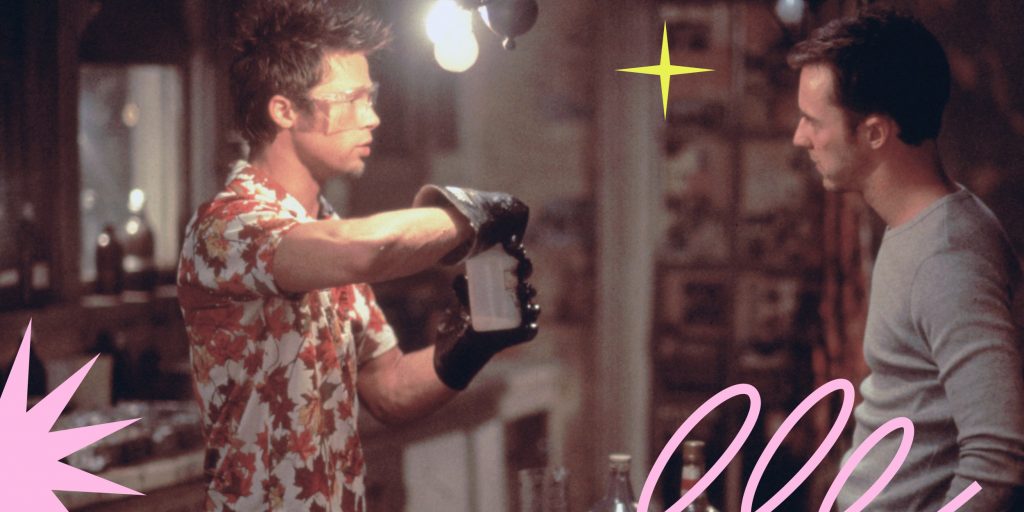Selling Irish land
One day in the early noughties, an enterprising Irishman named Pat Burke from Tipperary was travelling to America for a funeral, and a family friend asked him to bring a handful of Irish land with him. Well, so that the deceased would rest not in American dirt, but in his native Hibernian soil.
Pat appreciated the idea and started shipping Irish soil to America by the sack.
He charged $15 for one pound (2.2 kilograms) of soil. And in 2006, when the business first opened, Irish-Americans bought 240 tonnes of soil from Burke for more than a million dollars.
This soil is collected in Tipperary and cleaned of germs and fungi – otherwise US Customs won’t let it through. Then it’s tested by the Irish Department of Agriculture and sent to the US and Canada.
And the Irish buy native soil not only to use it for funerals, but also to fill it into the foundations of their new houses. Well, to feel their native country under their feet even abroad. They also throw earth at weddings like confetti – for good luck.
Creating the same songs
A musician named Matt Farley found a way to make $23,000 a year making songs for Spotify and iTunes. Using about 60 aliases and fictional band names, he has composed over 14,000 songs on a wide variety of topics.
The principle is this: Matt writes a song with a title containing popular search keywords and uploads it to the streaming services. Lots of people searching for music at random stumble across his work, and the track gathers a lot of listens.
Farley, for example, recorded 500 versions of a song with the lyrics “…, will you go to prom with me?” in which only the name of the girl being invited changed. Millions of high schoolers looking for music to impress their girlfriends listen to Matt’s track – and he gets a solid payout from the streaming service.
It seems to be the moment when you can say about a song: “Oh my God, it’s just about me!”.
Matt also writes songs for holidays like birthday parties or wedding anniversaries. Or songs that can be used to apologise to a girl who’s been wronged – just use her name.
As Farley himself admits, his songs aren’t particularly cool, but they are profitable. So, it takes him $50 to record one album of 100 songs, and 90 per cent of his records return the investment.
In addition, Matt Farley composes quite serious lyrical works with his band Moes Haven, but, according to him, it’s not so profitable.

